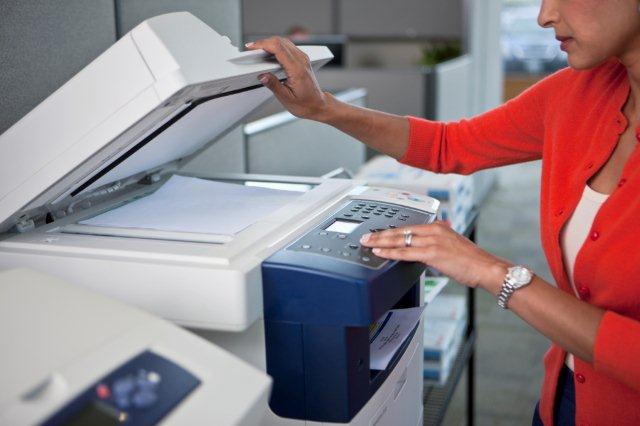Business
Why Document Scanning Makes Perfect Business Sense

Walk into the office of any business or organisation, regardless of size, and you will see paper being used by all employees. The reason why these employees are using paper in quantities can be for many reasons.
The Paperless Office – a Great Idea in Theory, but what about in Practice?
For example, suppliers may have sent paper invoices to the business or organisation in question via Royal Mail, they might be invoices that the firm themselves have generated and are required to keep a hard copy of, or they might even be delivery notes passed to admin staff from a member of the warehouse team to process and cross-reference against a supplier invoice.
Whilst the idea of a paperless office is a very appealing one (I type this as I look at piles of receipts and various other paperwork on my own desk), it isn’t going to be reality for some time to come, at least not unless everyone in the business world starts to do everything electronically.
HMRC, for example, have taken steps to reduce its paper archives by requiring the companies that are VAT-registered to submit their VAT returns online, and the self-employed are given the option to file their own personal tax returns online each year; have you ever seen how many pages of a paper-based tax return there are? Loads is the answer you are looking for!

Aren’t we Required to keep Paper Documentation by Law?
All businesses and the self-employed are required to keep documentation to back up any tax returns, but the good news is that you can keep important documents in an electronic format.
This means that things like sales invoices, purchase invoices, and anything relating to either your organisation’s invoices or supplier invoices can be kept in an electronic format.
There are numerous benefits to keeping your paperwork in an electronic format, such as:
- Easy to file – you don’t need to find masses of physical space to store box files, folders, containers and lever arch files, because they can simply be stored in a storage device of your choosing. For example, you could have a file server or NAS (Network Attached Storage) device, or you could opt to save your documentation on the cloud using something like Dropbox or Amazon S3;
- Easy to find – the majority of businesses in the United Kingdom and abroad are able to send and receive PDF files to each other, as well as view them with no problem on a wide variety of different computer systems and mobile devices. PDF files are also searchable, which makes it easy to find a required file even if the filename does not reflect the contents;
- Easy to scan – many multifunction printer and scanner devices have automatic sheet feeders, which make it easy to scan multiple documents and save them to one PDF file.
The other good thing about PDF documents is that even after scanning and saving, they can be merged using some nifty software like PDF Junction from www.aquaforest.com.
-

 Tech11 years ago
Tech11 years agoCreating An e-Commerce Website
-

 Tech11 years ago
Tech11 years agoDesign Template Guidelines For Mobile Apps
-

 Business6 years ago
Business6 years agoWhat Is AdsSupply? A Comprehensive Review
-

 Business10 years ago
Business10 years agoThe Key Types Of Brochure Printing Services
-

 Tech8 years ago
Tech8 years agoWhen To Send Your Bulk Messages?
-

 Tech5 years ago
Tech5 years ago5 Link Building Strategies You Can Apply For Local SEO
-

 Law5 years ago
Law5 years agoHow Can A Divorce Lawyer Help You Get Through Divorce?
-

 Home Improvement6 years ago
Home Improvement6 years agoHоw tо Kеер Antѕ Out оf Yоur Kitсhеn































